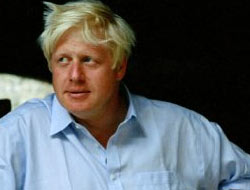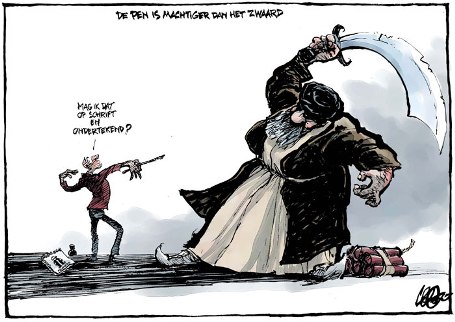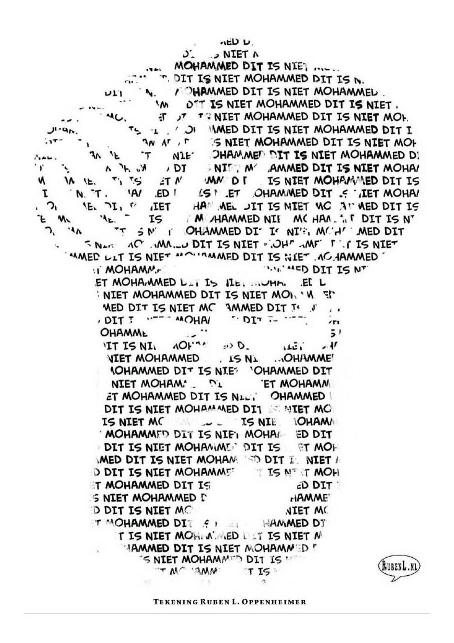From the Times Online (link)
————–
BRUSSELS has been given the power to compel British courts to fine or imprison people for breaking EU laws, even if the Government and Parliament are opposed.
An unprecedented ruling yesterday by the supreme court in Europe gives Brussels the power to introduce harmonised criminal law across the EU, creating for the first time a body of European criminal law that all member states must adopt. The judgment by the European Court of Justice in Luxembourg was bitterly fought by 11 EU governments, including Britain, and marks a dramatic transfer of power from national capitals to Brussels.
Diplomats said that it was political dynamite in many countries, but the European Commission welcomed the ruling, on a test case about environmental law, as a landmark that sets an important precedent. It gives the Commission the right to decide when breaches of agreed policies are so serious that they should be treated as criminal.
The Commission said that it would use its new powers only in extreme circumstances, but its officials are already talking about introducing EU crimes for overfishing, deliberate polluting, money laundering and price fixing.
EU members have always insisted that the power to set criminal law goes to the heart of national sovereignty and must be decided by national governments and parliaments. The Luxembourg judges ruled, however, that national governments could not exempt EU law from being upheld by criminal sanctions.
José Manuel Barroso, the President of the Commission, said: “This is a watershed decision. It paves the way for more democratic and more efficient lawmaking at EU level.”
A British government official said: “We firmly believed it was inappropriate to harmonise criminal law at EU level. We believe criminal law is a matter for member states co-operating intergovernmentally.” He added that they would consult other countries to consider the options, although the governments have no right of appeal against the court.
Some national government officials said that the issue was so sensitive that EU lawmaking would grind to a halt and member governments would refuse to pass legislation rather than accept harmonisation of criminal law.
One diplomat said: “This stuff is political dynamite in the UK, Holland, Italy, Scandinavia, and Eastern Europe, where they are as keen on their sovereignty as anyone. Imagine how Italians would react if their criminal law was rewritten at EU level. Ironically, it means less will be done at EU level.”
Member states have fiercely guarded their sovereignty over criminal law. The Commission took them to court after they blocked it from introducing harmonised criminal law for pollution. The Court of Justice, which has a record of promoting European integration, ruled in the Commission’s favour, concluding: “The European Community has the power to require the member states to lay down criminal penalties for the purposes of protecting the environment.”
The Court said that although as a general rule criminal law does not fall within EU powers, that “does not prevent the Community legislature . . . from taking measures that relate to the criminal law of member states which it considers necessary”.
The ruling means that the Commission can propose an EU crime that, if passed by the European Parliament and a qualified majority of member states, must be adopted by all member states. This means that Britain could be forced to introduce a crime into its law if enough other members support it. It also gives the Commission the power to compel members to enforce EU criminal law if governments drag their heels or if their courts refuse to sentence people.
Timothy Kirkhope, the Conservative leader in the European Parliament, said: “This appears to be a worrying erosion of British sovereignty. It is a significant transfer of power to the Commission.”
Gerald Barling, QC, a leading European expert at Brick Court Chambers, said: “The ruling is significant. It is the European Commission flexing its muscles.”
The ruling was welcomed by most MEPs, who will now have the powers to pass criminal law and not just civil law. Chris Davies, the leader of the Liberal Democrats in Europe, said: “Europe needs an umpire to ensure fair play between member states and to dismiss the cheats. The European Commission is the only body that comes close to fitting that role.”
The Court ruling did not establish whether Brussels had the right to set criminal sanctions but officials made clear that they intended to do so.
————
I think we have to say ‘NO’ one more time!






